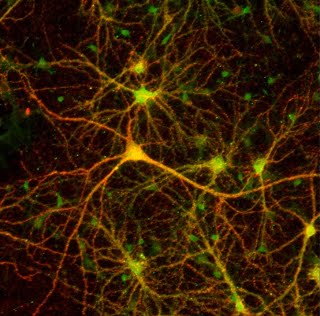One recently launched project which is particularly relevant for the SESERV community is the Network of Excellence in Internet Science, also known as EINS. This international initiative is funded under the European Commission's Seventh Framework Programme: Information and Communication Technologies.
According with the information provided in their website (http://www.internet-science.eu) EINS will be able to look even more
deeply into some of the issues SESERV has raised. The Network of Excellence in Internet Science aims to strengthen scientific and technological excellence by developing an integrated and interdisciplinary scientific understanding of Internet networks and their co-evolution with society, and also by addressing the fragmentation of European research in this area. Its main objective is to enable an open and productive dialogue between all disciplines which study Internet systems from any technological or humanistic perspective, and which in turn are being transformed by continuous advances in Internet functionality.
EINS network brings together over thirty research institutions across Europe that are focusing on network engineering, computation, complexity, networking, security, mathematics, physics, sociology, game theory, economics, political sciences, humanities, and law, as well as other relevant social and life sciences. The network's main deliverable will be a durable shaping and structuring of the way that this research is carried out, by gathering together a critical mass of resources, gathering the expertise needed to provide European leadership in this area, and by spreading excellence beyond the partnership.
Goals of the Network
1. Coordinate the investigation, from a multi-disciplinary perspective, of specific important Internet-related topics at the intersection between humanistic sciences (social life, economy, law and regulation), technological sciences and environmental concerns (including energy), such as privacy and identity, reputation, virtual communities, security and resilience, network neutrality.
2. Lay the scientific and methodological foundations for the development of an Internet Science, based i.a. on Network Science and Web Science, aiming at understanding the co-evolution of Internet and Societies and in particular the impact of the "network effect" on human societies and organisations, as for technological, economic, social and environmental aspects.
3. Provide concrete incentives for academic institutions and individual researchers to conduct studies across multiple disciplines, in the form of online journals, conferences, workshops, PhD courses, schools, contests, researchers' excahnges, and open calls for innovative activities in this direction.
To have a closer look of this project, browse the "working groups" or read the vision of the Network of Excellence in the Internet Science, prepared by Leandro Tassiulas, project chair of that project.
View more presentations from i_scienceEU
If you would like to learn more form the Network of Excellence in Internet Science you can follow its RSS, Twitter account or join their LinkedIn Group.
|
|
|

